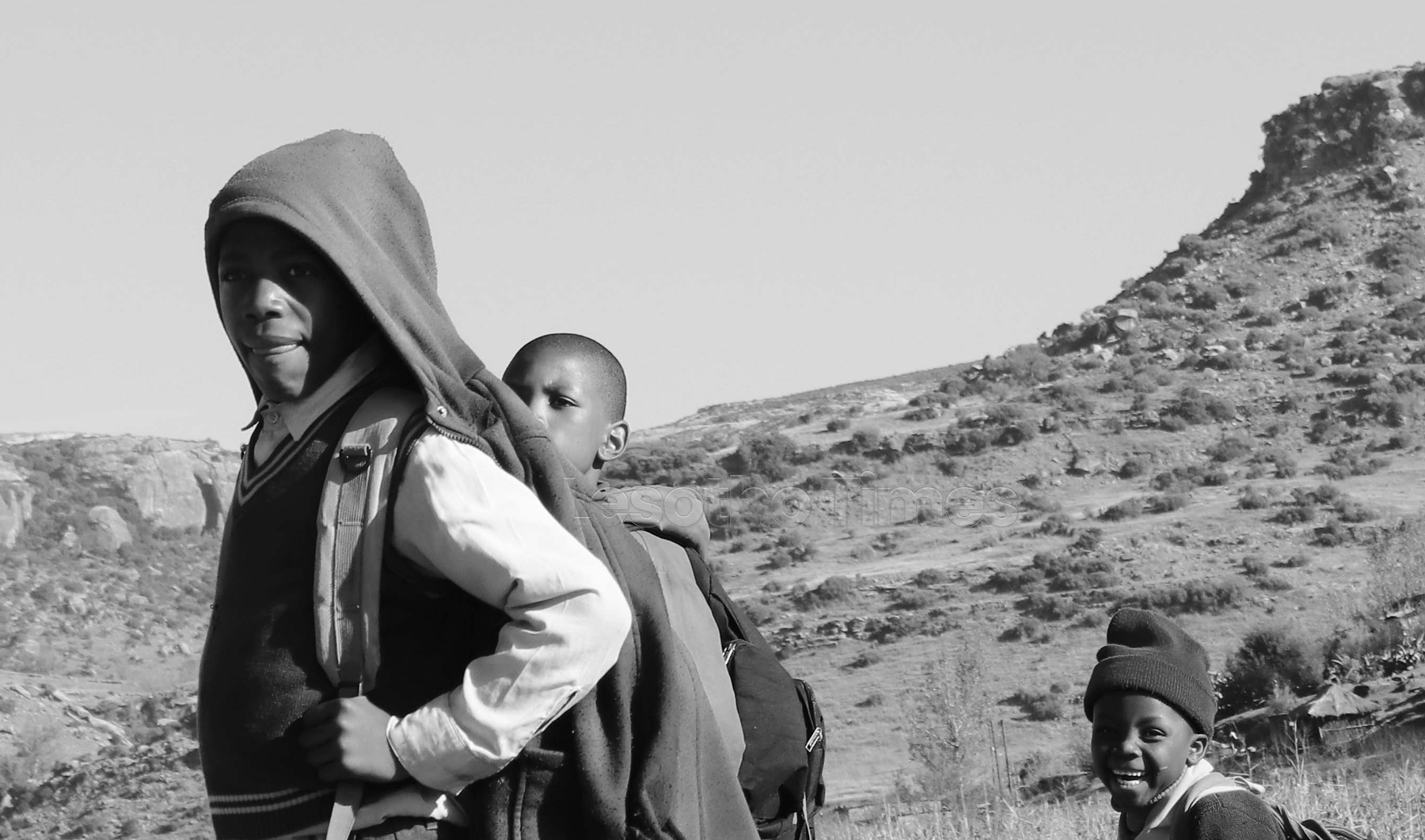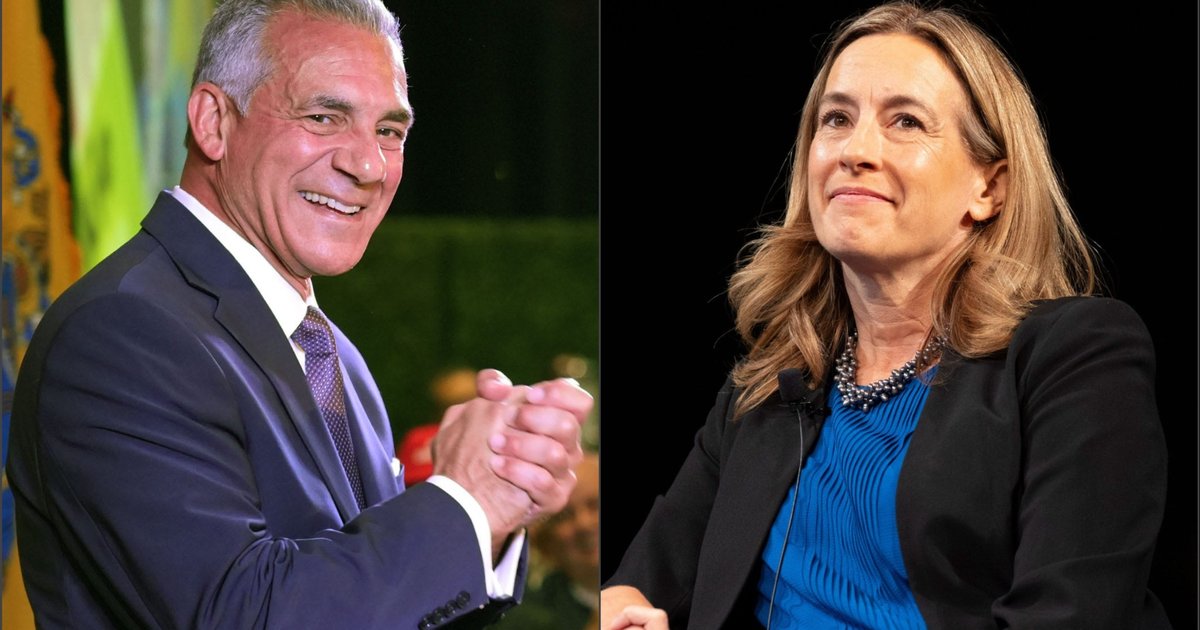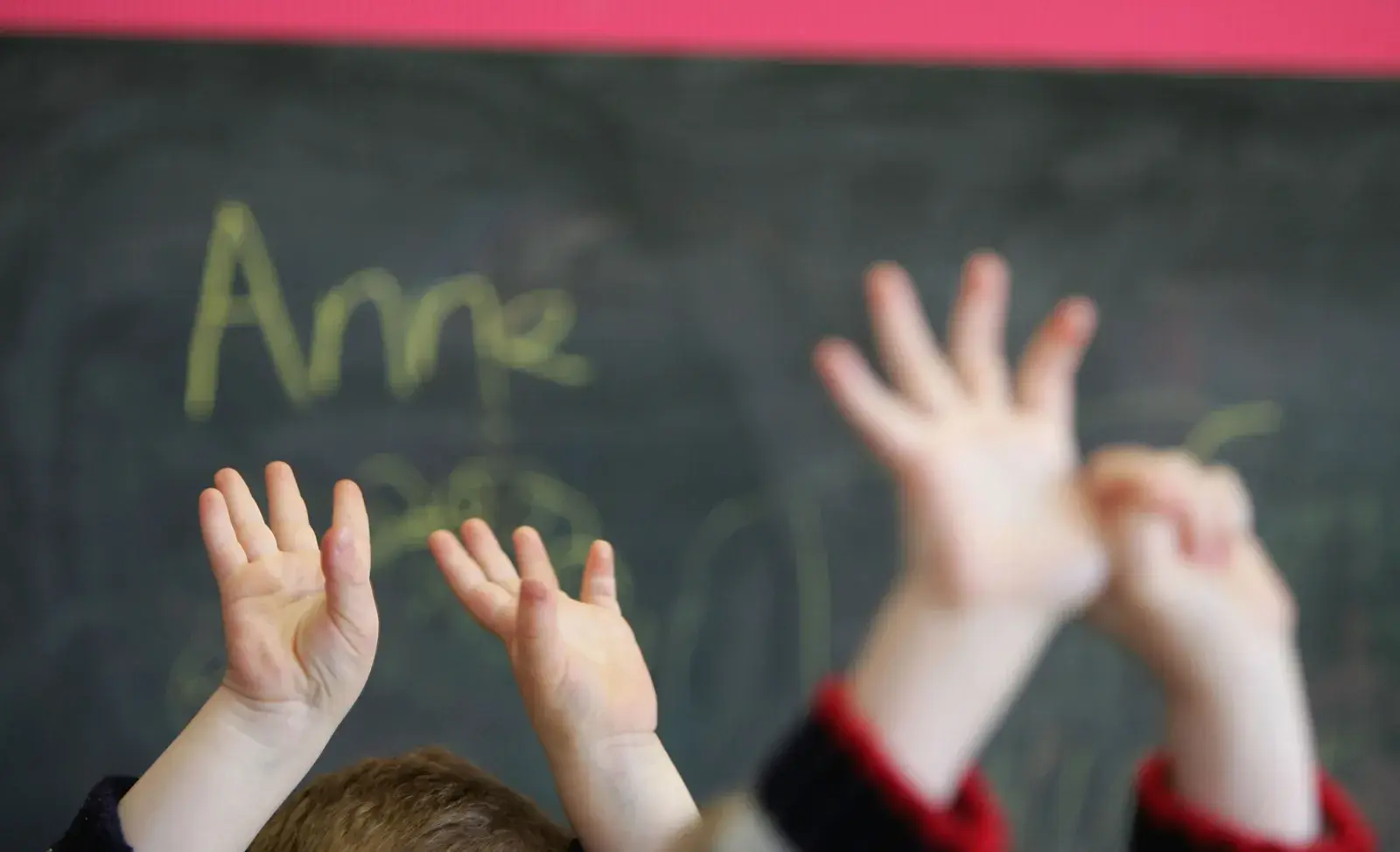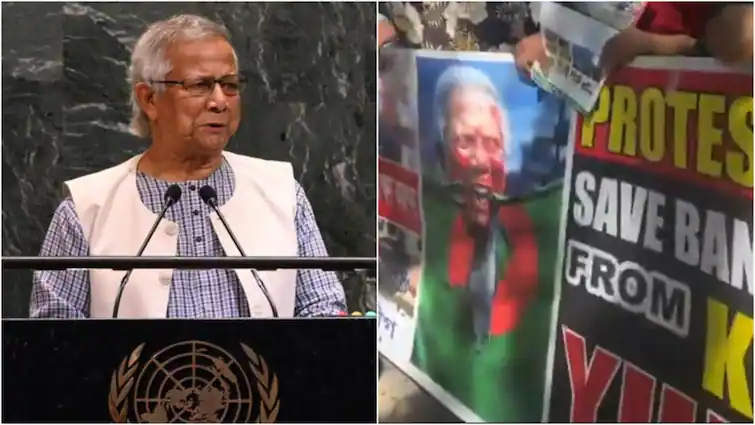Copyright lestimes

‘Makananelo Manamolela THE Ministry of Education and Training has raised serious concern over the increasing incidents of sexual abuse, teenage pregnancies, child marriages, and gender-based violence affecting learners, which undermine education in Lesotho. The Chief Executive Officer of Secondary Education, Jone Marole, was speaking about widespread vices affecting learners across the country at a roundtable discussion with the Parliamentary Social Cluster Committee this week. Dr Marole revealed that perpetrators of GBV against adolescents vary depending on location. In the lowlands, taxi drivers, their assistants known as likontae, and so-called “blessers” were among the main culprits, while in the highlands, herdboys and illegal miners — referred to as litali or macable — were identified as frequent violators. Alarmingly, however, some teachers are also implicated in violating learners’ rights, he said. “The contributing factors to pregnancy and child marriage in secondary schools include these perpetrators, depending on geographical location and socio-economic status, with 22 percent of cases recorded in urban areas and 78 percent in rural areas,” Dr Marole said. He cited recent cases where a male principal at St Rose High School in Leribe was suspended after allegedly sexually harassing a student, while a teacher at Johnson-Baker High School in Mafeteng resigned following similar allegations. Committee member, Mamello Phooko, criticised the ministry for failing to ensure learners’ safety, insisting that discussions without tangible results are meaningless. “It is not about meetings where we gather and have tea with special bread, yet there are no results to show. Progress must be seen in communities, schools, and within learners — not on paper,” Ms Phooko said. She urged the ministry to revive working teams that included police, councillors, teachers, parents, and other stakeholders to assist. Dr Marole outlined interventions already in place, including the Prevention and Management of Learner Pregnancy Policy (2024), the Children’s Protection and Welfare Act (2011), and the School Health and Nutrition Policy (2018). Programmes such as life-skills-based sexuality education, school health days, the Lesotho Adolescents Education Programme, and counselling services are also being implemented. Strategic plans include the Education Sector Plan (2016–2026), national standards for adolescent-friendly health services, and the forthcoming 2025 guidelines on preventing and responding to violence in schools. He said the ministry had established youth clubs in 69 high schools across all districts, linked schools to health facilities in Mafeteng, Leribe, Maseru, and Berea, and distributed 116 Child Helpline posters nationwide. Over 1000 girls in Thaba-Tseka recently benefited from sanitary towel distributions during Menstrual Health Day. However, Dr Marole said challenges persist, including the delayed passing of the Child Marriage Bill, lack of a clear national GBV elimination plan, rising cases of abuse without accountability, and the difficulty learners face in opening up to older community health workers. He appealed to the Members of Parliament for financial support, speedy passage of the Child Marriage Bill, training of peer health workers, and increased budget allocations for adolescent health programmes. Adolescent Health Manager, Mathato Nkuatsana, from the Ministry of Health confirmed that Lesotho continues to grapple with high rates of teenage pregnancy, HIV prevalence, and GBV — particularly among out-of-school youth who are highly vulnerable to exploitation. “Half of adolescents are sexually active before marriage. Their health is critical to achieving the Sustainable Development Goals,” Ms Nkuatsana said. She highlighted interventions such as a monitoring framework for Comprehensive Sexuality Education (CSE) for out-of-school youth, a male engagement service package, multisectoral GBV referral procedures, and capacity building for peer educators. But she warned of persistent gaps, including inadequate mental health services for young people, lack of adolescent-specific indicators, and funding shortages. “We therefore plead with you, Honourable Members, to expand adolescent-friendly services to all districts, integrate mental health and SRH services in schools, scale up HIV prevention programmes such as PrEP, and champion youth voices in policymaking.”



